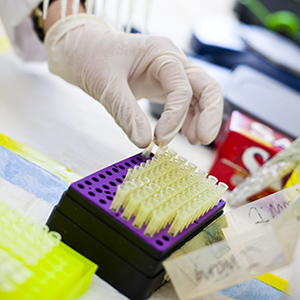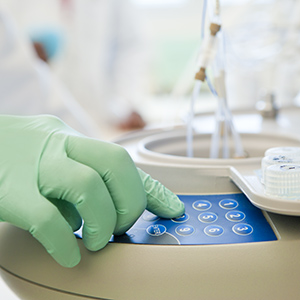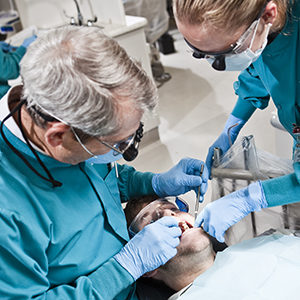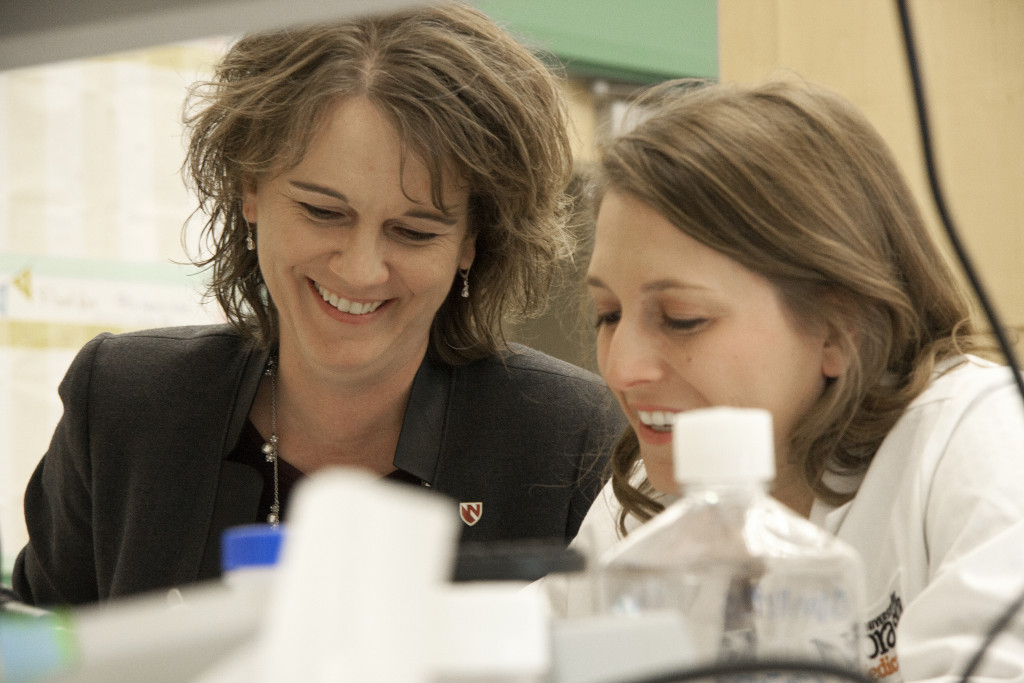
UNMC Professor of Pathology Tammy Kielian, PhD, (left)—seen here with doctoral student Megan Bosch—was UNeMed’s 2015 Innovator of the Year for her work against Juvenile Batten Disease and biofilm infections.
by Tom O’Connor, UNMC
Tammy Kielian, PhD, professor in the University of Nebraska Medical Center Department of Pathology and Microbiology, has been named the 11th UNMC Scientist Laureate.
The award is the highest honor UNMC bestows to researchers.
Dr. Kielian will be honored along with 21 other researchers who were named UNMC Distinguished Scientist, New Investigator and Research Leadership award winners for 2016. A campus ceremony will be held Jan. 17 in the Durham Research Center Auditorium to recognize the award recipients.
“Tammy Kielian is a ‘spark,’” said Vice Chancellor for Research Jennifer Larsen, M.D. “She is passionate about research and collaborates with many around multiple research interests, including developing new technologies.”
A native of Stanton, Neb., Dr. Kielian earned her bachelor’s degree in 1991 from the University of Nebraska-Lincoln, her master’s degree in 1994 from Kansas State University, and her doctorate in 1998 from the University of Kansas Medical Center. She did a two-year postdoctoral fellowship at Dartmouth Medical School.
After completing her fellowship, she served as research assistant professor at Dartmouth before moving to the University of Arkansas for Medical Sciences in 2001 as assistant professor. She was elevated to associate professor in 2006.
In 2008, she joined the UNMC Department of Pathology and Microbiology. She was named professor in 2010, and in 2014, she received a prestigious named professorship – the Choudari Kommineni, D.V.M., PhD, Professorship of Pathology.
“Tammy is an exceptional individual because of her unique skills in multiple areas including immunology, infectious diseases neurology and genetic disorders,” said Steven Hinrichs, M.D., professor and chair of pathology and microbiology. “She is able to take essential elements from each subdiscipline and apply them to both basic science and clinical therapies.”
“As this year’s UNMC Scientist Laureate, Dr. Kielian joins an impressive list of internationally recognized UNMC faculty who are major contributors to their fields of research,” said Brad Britigan, M.D., dean of the UNMC College of Medicine. “Dr. Kielian’s novel approaches to understanding the pathogenesis of staphylococcal infections of prosthetic devices provides hope for addressing an all too common infection that has a major impact on lives throughout the world.
“Dr. Kielian’s ability to simultaneously develop a highly productive and visionary research program to explain and develop a potential therapy for the rare hereditary disease, juvenile Batten disease, that impacted a member of her immediate family, is a testament to her creativity and commitment as an investigator. She is very deserving of this recognition by the UNMC research community.”
Other award winners include:
Research Leadership Award
The Research Leadership Award is intended to honor scientists previously recognized as Distinguished Scientists who have a longstanding research funding history and also serve as research leaders and mentors on campus.
- B. Timothy Baxter, M.D., College of Medicine
- Robert Lewis, PhD, Eppley Institute
Distinguished Scientist Award
The Distinguished Scientist Award – which is sponsored by the UNMC chancellor – recognizes researchers who have been among the most productive scientists in the country during the past five years.
- Maneesh Jain, PhD, College of Medicine
- Shelby Kutty, M.D., PhD, College of Medicine
- Rongshi Li, PhD, College of Pharmacy
- Mark Mailliard, M.D., College of Medicine
- Kaleb Michaud, PhD, College of Medicine
- Joseph Norman, PhD, College of Allied Health Professions
- Larisa Poluektova, M.D., PhD, College of Medicine
- Matthew Rizzo, M.D., College of Medicine
- Sarah Thayer, M.D., PhD, College of Medicine
- Melissa Tibbits, PhD, College of Public Health
New Investigator Awards
New Investigator Awards go to outstanding UNMC scientists who in the past two years have secured their first funding from the National Institutes of Health, the Department of Defense or other national sources. New Investigators also had to demonstrate scholarly activity such as publishing their research and/or presenting their findings at national conventions.
- Laura Bilek, PhD, College of Allied Health Professions
- Martin Conda Sheridan, PhD, College of Pharmacy
- Sung-Ho Huh, PhD, Munroe-Meyer Institute
- R. Katherine Hyde, PhD, College of Medicine
- Mariano Sanchez-Lockhart, PhD, College of Medicine
- Kimberly Scarsi, Pharm.D., College of Pharmacy
- Jessica Nichols Snowden, M.D., College of Medicine
- Hanjun Wang, M.D., College of Medicine
- Wanfen Xiong, M.D., PhD, College of Medicine

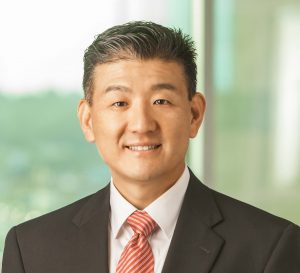

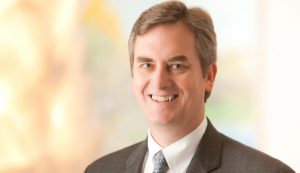 In response to this latest round of disappointing news, Dr. Murman said that “by the time patients develop clinical symptoms of AD, there is significant neuronal loss and the initiation of multiple neurodegenerative processes has already occurred.”
In response to this latest round of disappointing news, Dr. Murman said that “by the time patients develop clinical symptoms of AD, there is significant neuronal loss and the initiation of multiple neurodegenerative processes has already occurred.”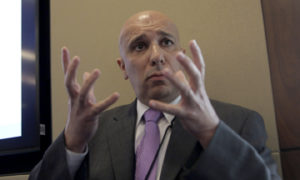
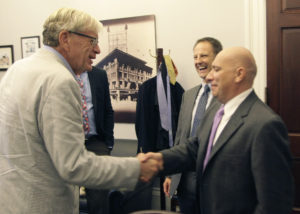
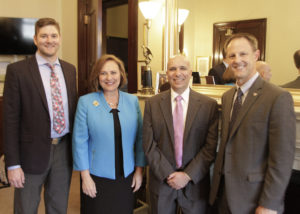
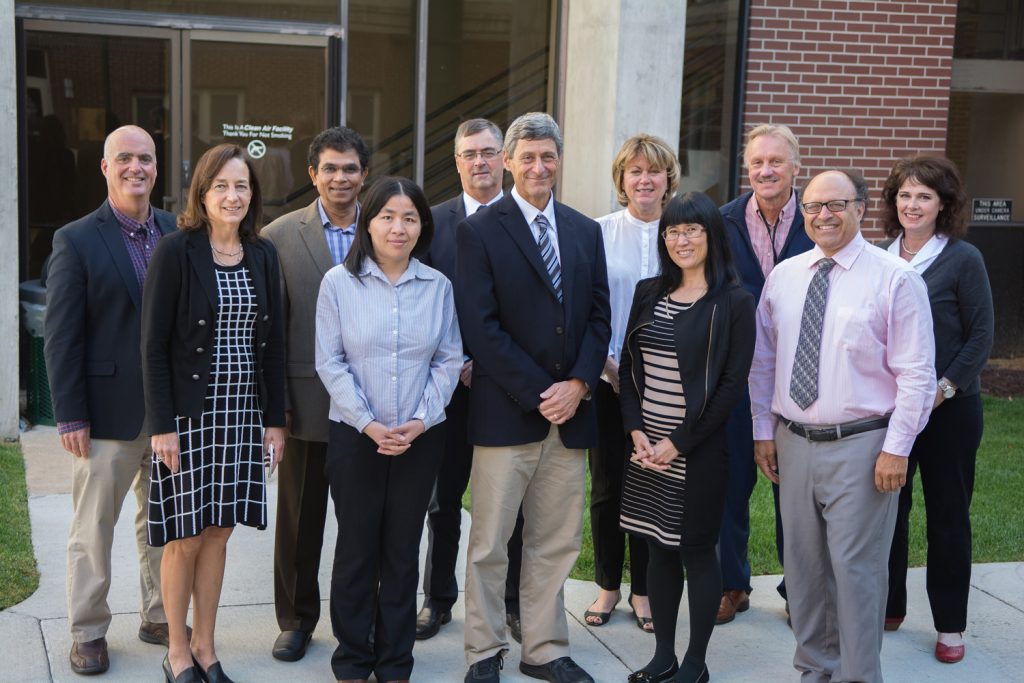
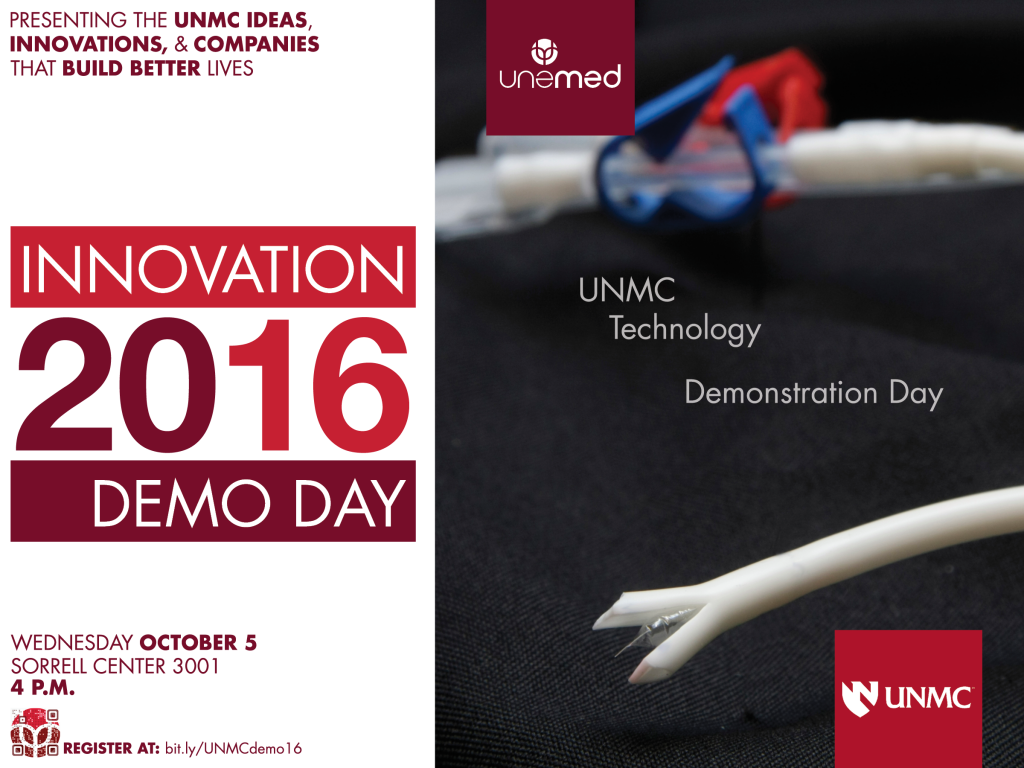
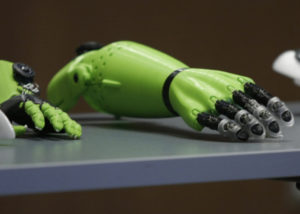 Jorge Zuniga, PhD, was among the speakers for the Cyborg Beast, a startup company he co-founded to help bring affordable prosthetics hands to children everywhere. Dr. Zuniga and his team at the University of Nebraska at Omaha’s state-of-the-art biomechanics department are also developing elbow and shoulder prosthetics, and are now beginning work on similar devices for the leg.
Jorge Zuniga, PhD, was among the speakers for the Cyborg Beast, a startup company he co-founded to help bring affordable prosthetics hands to children everywhere. Dr. Zuniga and his team at the University of Nebraska at Omaha’s state-of-the-art biomechanics department are also developing elbow and shoulder prosthetics, and are now beginning work on similar devices for the leg.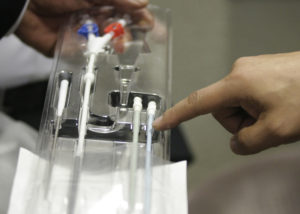
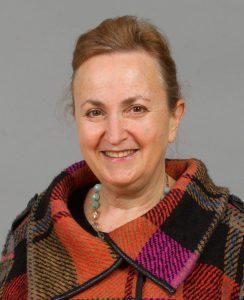 LINCOLN, Neb. (Oct. 21, 2016)—A Stanford University professor with more than 30 patents will headline a luncheon and keynote here that will explore drug development in academia.
LINCOLN, Neb. (Oct. 21, 2016)—A Stanford University professor with more than 30 patents will headline a luncheon and keynote here that will explore drug development in academia.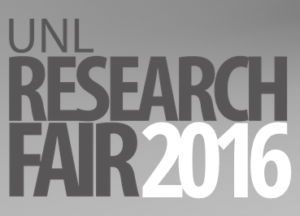 She is also the founding director of SPARK, Stanford’s program for promoting translational research in academia. In the last nine years, SPARK has helped more than 100 inventors move their biopharmaceutical and diagnostic innovations closer to the clinic.
She is also the founding director of SPARK, Stanford’s program for promoting translational research in academia. In the last nine years, SPARK has helped more than 100 inventors move their biopharmaceutical and diagnostic innovations closer to the clinic.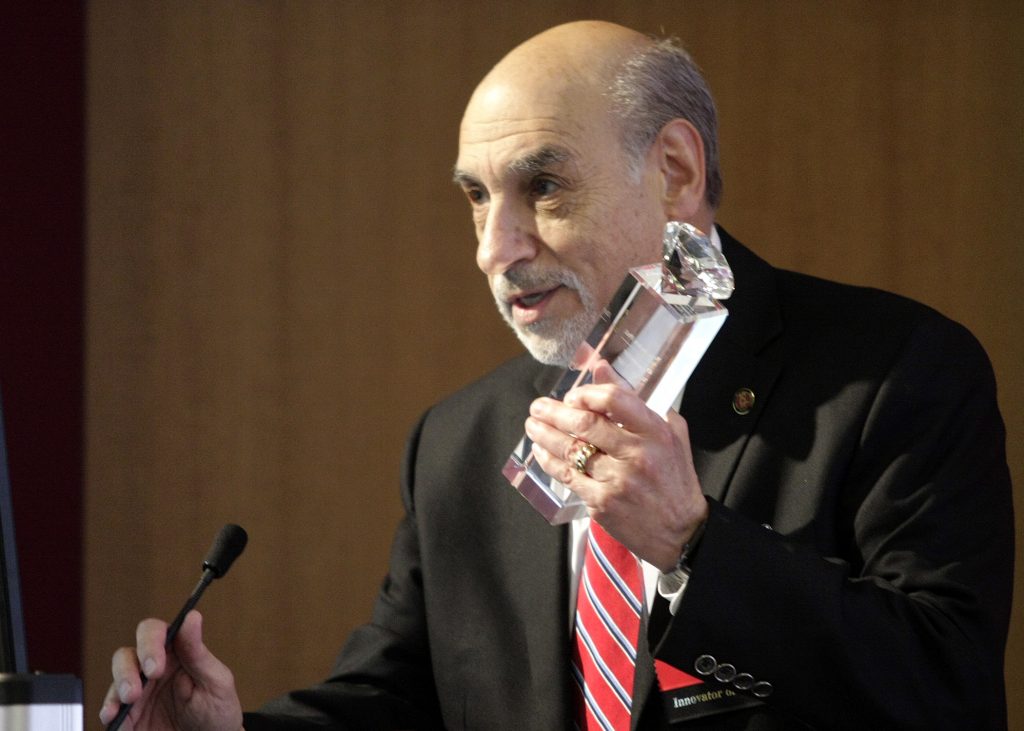
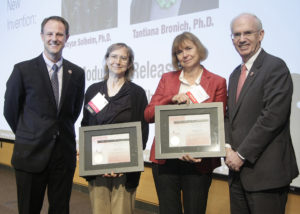
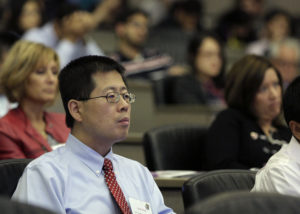
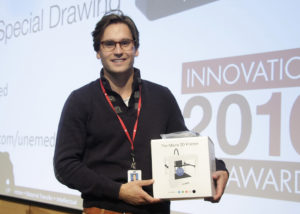
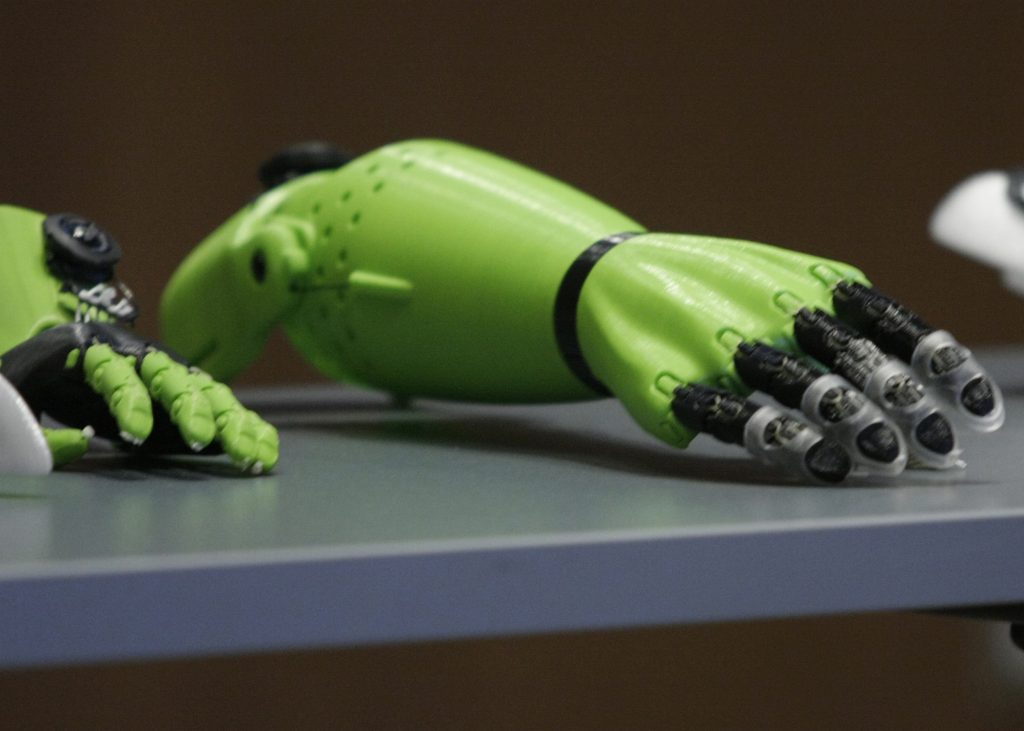
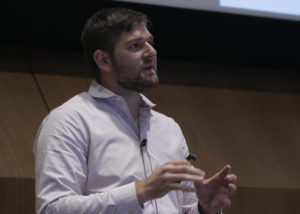
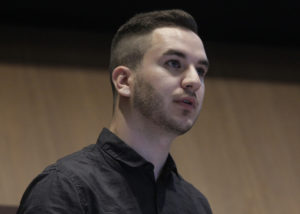
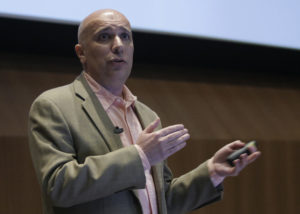
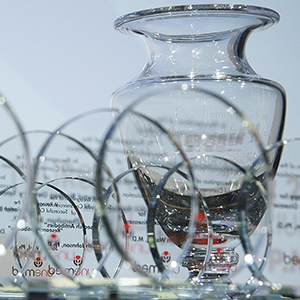 OMAHA, Neb. (Oct. 6, 2016)—Innovation Week wraps up tonight with the 10th Annual Innovation Awards Ceremony and Reception at 4 p.m. in the Durham Research Center auditorium.
OMAHA, Neb. (Oct. 6, 2016)—Innovation Week wraps up tonight with the 10th Annual Innovation Awards Ceremony and Reception at 4 p.m. in the Durham Research Center auditorium.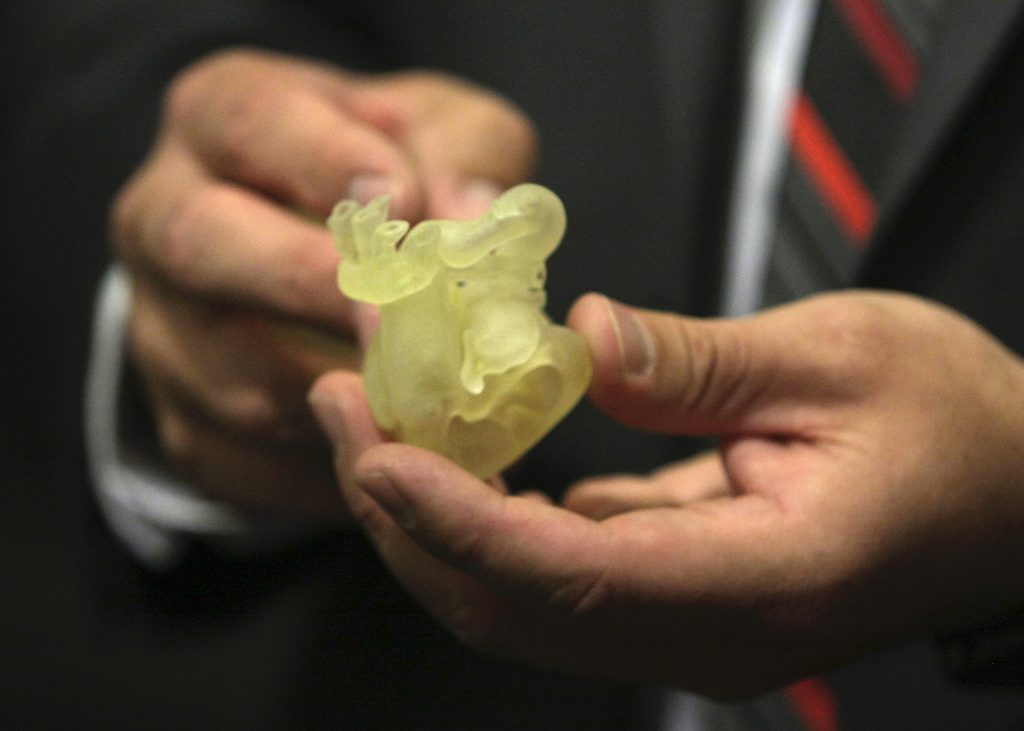
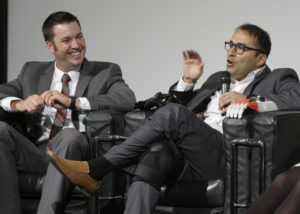
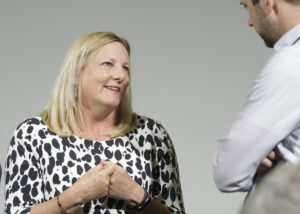
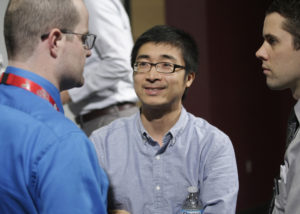
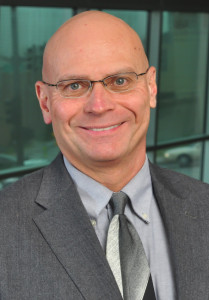
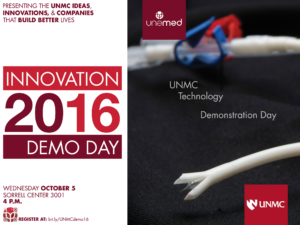 OMAHA, Neb. (Oct. 5, 2016)—Innovation Week continues this afternoon when the fourth annual UNMC Technology Demonstration Day begins at 4 p.m. in the Michael F. Sorrell Center’s amphitheater.
OMAHA, Neb. (Oct. 5, 2016)—Innovation Week continues this afternoon when the fourth annual UNMC Technology Demonstration Day begins at 4 p.m. in the Michael F. Sorrell Center’s amphitheater.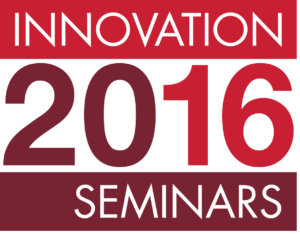 OMAHA, Neb. (Oct. 4, 2016)—Innovation Week continues today with a panel discussion about 3D printing in healthcare, what is possible today and what might be possible in the future.
OMAHA, Neb. (Oct. 4, 2016)—Innovation Week continues today with a panel discussion about 3D printing in healthcare, what is possible today and what might be possible in the future.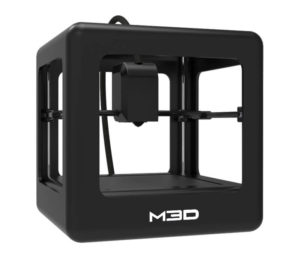 The panel discussion is another opportunity for UNMC faculty, students and staff to enter the 3D printer prize drawing. The drawing will be held during the Innovation Awards ceremony on Thursday, Oct. 6, and entrants must be present to win.
The panel discussion is another opportunity for UNMC faculty, students and staff to enter the 3D printer prize drawing. The drawing will be held during the Innovation Awards ceremony on Thursday, Oct. 6, and entrants must be present to win.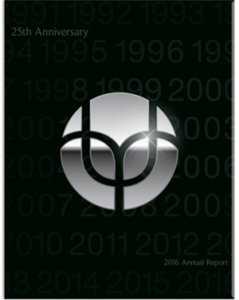
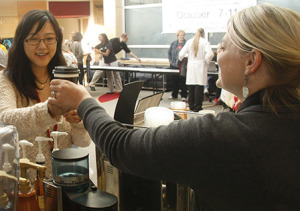 OMAHA, Neb. (Oct. 3, 2016)—Innovation Week officially begins this morning when UNeMed staffers host a kick-off event in the Durham Research Center atrium from 9-11 a.m.
OMAHA, Neb. (Oct. 3, 2016)—Innovation Week officially begins this morning when UNeMed staffers host a kick-off event in the Durham Research Center atrium from 9-11 a.m.
